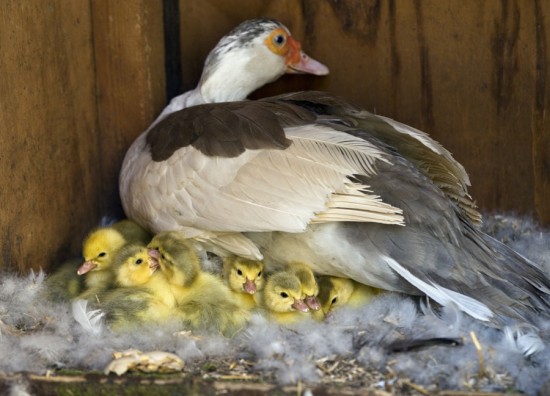Puppy shots are essential for ensuring the proper growth and development of your puppy. Most puppies receive their first round of shots between their first five to eight weeks of life. This is the time that the maternal antibodies in their bodies begin to wear off. Puppy vaccines are important because they fight off illnesses such as distemper. Immunizations are required in most cities and states to protect dogs from common viruses that can be very severe.
Most dog owners agree it is important to protect their dogs against diseases that are serious yet preventable. It is critical to administer these puppy shots for the well-being of the animal. The vaccination schedule usually begins at five weeks of age, but can start as late as eight weeks of age when antibodies in the mother抯 milk drop off. Most immunizations will be a combination of vaccines that protect against several viruses. The most common immunizations are for rabies, canine parvovirus, distemper and parainfluenza.
Depending on your puppy抯 breed and in the region you live, your veterinarian may recommend added vaccinations. Usually your puppy will receive three combination vaccines. A rabies vaccine will be administered at 16 weeks. Annual check-ups are needed to administer booster shots that continue the protection offered by the vaccines.
Vaccinations are an effective preventative measure. However, vaccines are not cures. If your dog has received the canine parvovirus vaccination but somehow gets the disease, the chances of your dog surviving are very low. Canine parvovirus is a fatal disease. The symptoms can be treated, but eventually your dog抯 immune system will be affected, leaving little chance of recovery.
There are two types of vaccines: core and noncore. Core vaccines are required by most city and state governments that license dogs. Noncore vaccines may be recommended by your veterinarian but are usually not required, although they can be in certain municipalities. They may be required for specific breeds that are susceptible to certain diseases. Create a vaccination schedule and plan with your veterinarian that takes into account the needs of your puppy based on the breed and your location.
For your dog抯 well-being, make sure puppy shots are a part of your canine health regimen. These immunizations help prevent serious diseases that can be fatal to your dog. Your veterinarian can advise you on a vaccination schedule as well as what immunizations are necessary for the type of breed you have. Make sure to start your puppy抯 vaccinations between five to eight weeks of age. If your location requires a dog license, you will need to show proof of your puppy抯 vaccination record.

 In These Modern Days Animals Need Recreation Too
In These Modern Days Animals Need Recreation Too
 Top Six Benefits Of Dog Grooming By Millcreek Veterinary Clinic
Top Six Benefits Of Dog Grooming By Millcreek Veterinary Clinic
 Parson Russell Terrier Health Testing And Hereditary Health Issues
Parson Russell Terrier Health Testing And Hereditary Health Issues
 Feline Asthma - Signs, Symptoms And Treatment
Feline Asthma - Signs, Symptoms And Treatment
 Some Frequently Asked Questions About Canine Cataracts
Some Frequently Asked Questions About Canine Cataracts
 How To Teach The Kids To Play Nicely With A New Kitten
How To Teach The Kids To Play Nicely With A New Kitten
 Lowchen Dog Hereditary Health And Genetic Diversity
Lowchen Dog Hered
Lowchen Dog Hereditary Health And Genetic Diversity
Lowchen Dog Hered
 Caring For Ducklings Hatched Under A Broody Hen
Caring For Duckli
Caring For Ducklings Hatched Under A Broody Hen
Caring For Duckli
 High Blood Pressure In Cats
High Blood Pressu
High Blood Pressure In Cats
High Blood Pressu
 How Cats Use Scent To Communicate With You And With Each Other
How Cats Use Scen
How Cats Use Scent To Communicate With You And With Each Other
How Cats Use Scen
 Good Exercises For Your Dog’s Hindquarters
Good Exercises Fo
Good Exercises For Your Dog’s Hindquarters
Good Exercises Fo